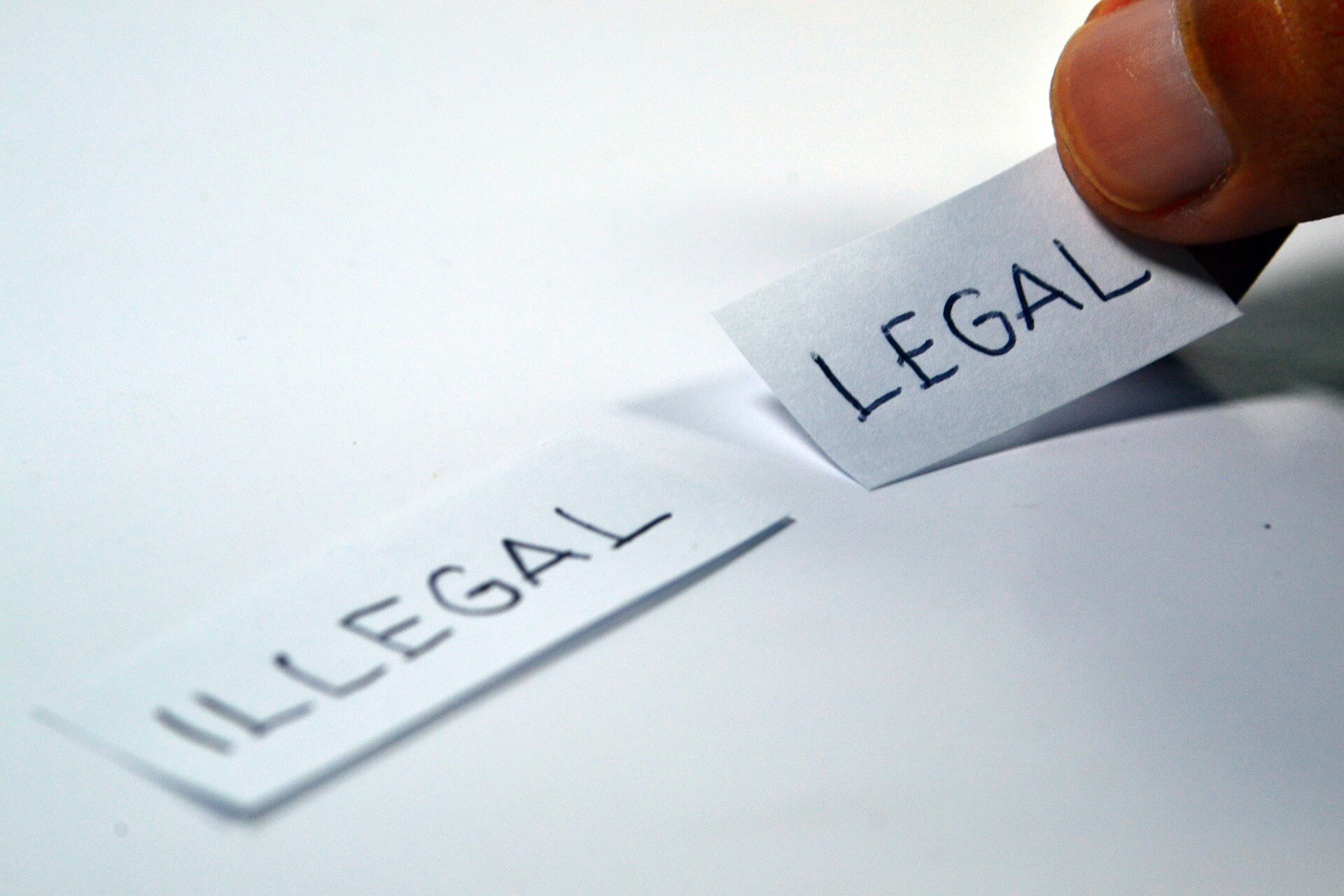In the era of the World Wide Web and instant gratification, internet-based marketing is one of the pillars that hold any business, no matter how big or small it is. Having a website to go with your business is so common that it’s not even a question of preference or necessity anymore. It’s understood that, if you need a product or service, your first stop is your web browser.
In those circumstances, it’s important for a business to establish its digital presence. It is the best way to reach the largest number of potential customers and present your brand to them. Social media marketing is on the rise, but the bulk of responsibility still rests on the official company websites.
There has been a lot of discussion on how a good company website should look, and what information it should offer. Obviously, these are the matters that every business needs to approach individually, in accordance with its target group, and the type of product or service they offer.
However, there is one thing that all good websites have in common – they all have excellent domain names.
A domain name is much more important than most people think. It adds credibility to your business, which may seem shady if the URL for your website is some generic mumbo jumbo with an obscure meaning or no meaning at all.
It shows that you are keeping pace with the times, and it can even attract business if you do it well. Most importantly, it provides your loyal customers with something to type into their search bars when trying to find your products.
Obviously, the importance of domain names shouldn’t be neglected. That is exactly why some people have recently started trademarking their domain names.
Here are some things you maybe didn’t know about this practice.
Table of Contents
What does it even mean?
A trademark is a name, motto, symbol, or similar thing that people use to differentiate among the businesses. It is necessary because it legally identifies a business or company and its products or services.
A domain name is simply the web address of your website. A domain name becomes a trademark when you – the business owner – identify it as such and start using it in commerce and/or register it with Patent and Trademark Office (or your own country’s equivalent of it). When it happens, your domain name becomes legally tied to your brand, and nobody else can use it.
Why should you do it?
Trademarking your domain name is an extremely useful practice when it comes to issues with infringement of rights regarding intellectual property.
If someone infringes on your rights – for example, start using a very similar domain name in order to offer the same set of products or services – and you already own the trademark, the law protects you without question.
Otherwise, you may need to prove that you were the first who came up with the name, and things can get much messier than they need to be.

More importantly, some kinds of business are in more trouble than others. For example, if you run an online-only business, you need to be aware that your domain name is, in essence, your complete identity. In this case, infringement on your domain name can cause your business to crumble completely – unless you turn it into a trademark.
Another example is an infringement on a branded domain name, for example, the name of your company. These situations can easily turn into cases of corporate identity theft, and make your life needlessly complicated.
Finally, if you didn’t think in advance of registering the alternative extensions of your domain name, once your business kicks off, you may be in deep trouble.
For instance, if your domain name is mspoppinsumbrellas.com, your competitor is still free to take mspoppinsumbrellas.net, which won’t make any difference to a customer, but it will make all the difference to you.
If your business falls under one of these more vulnerable categories, trademarking your domain name is probably the best way to go.
Are there any downsides?
For one thing, if you register a trademark domain name without checking if there is anything similar already in existence, you can infringe on somebody else’s rights. The lawsuits can be costly and they can ruin your company’s good name. Also, depending on the country where your business is based, you’ll probably need to pay a fee in order to register a trademark.
How do you do it?
The process in itself is neither too complicated nor too tedious. First, you need to conduct a search in order to check the availability of the trademark you intend to use. If the name is available, you need to complete an (online) application form through your government’s application site.
In the USA it’s called the USPTO application site. It usually takes up to four months to get the approval, and then you can start using your new trademark. If you want to reserve a trademark for future use, you can use that as well.
You’ll only have to start using it during the agreed-upon date, which is up to three years from the moment of approval.
What happens in case of infringement?
Trademark infringement is when you use somebody else’s trademark as your own, or somebody else uses yours. It causes confusion with the customers, and it is illegal, and also considered an immoral and bad business practice.
Of course, most of the times people do it unintentionally. If someone sues you for infringement of their intellectual property, and they are able to prove it, the possible consequences you’ll have to face include a court order that you stop using the mark, monetary reimbursement to the injured party, a court order that you should pay the injured party’s attorney’s fees, and so on.

The practice of cybersquatting is another way to infringe on IP rights. In essence, it means taking an existing trademark and registering it as a domain name, in hope that you’ll be able to sell it to the original company later.
If the malicious intent is proven, the perpetrator can face serious legal consequences. No matter which side of the lawsuit you’re on, make sure you find good professionals, such as Actuate IP to back you up.
If you have doubts about your trademark or domain name, ask for professional opinion and help before you do anything else.
Can any domain name become a trademark?
Short answer – no, it can’t. Only the names that are distinctive enough can become trademarks. For instance, the domain name we talked about earlier – mspoppinsumbrellas.com is distinctive enough to become a trademark, but umbrellasforsale.com is not.
That means that, while you can probably register it as a trademark, a trademark domain name that is too general cannot protect you from infringement.
In the case that somebody else registers umbrellasonasale.com, you won’t have any legal ground to make them stop using that domain name.
Trademarking your domain name is always a good option, no matter the size or the type of your business. It can protect you from legal issues that may arise, and it can further establish your presence on the market, as well as your digital presence.
Author Bio
David Koller is a passionate blogger and copywriter for Media Gurus, mainly interested in SEO, Business and Digital Marketing.

